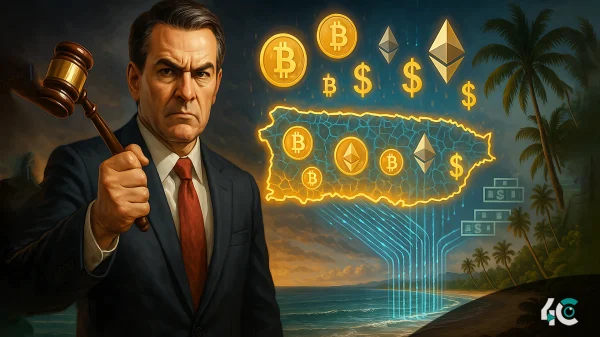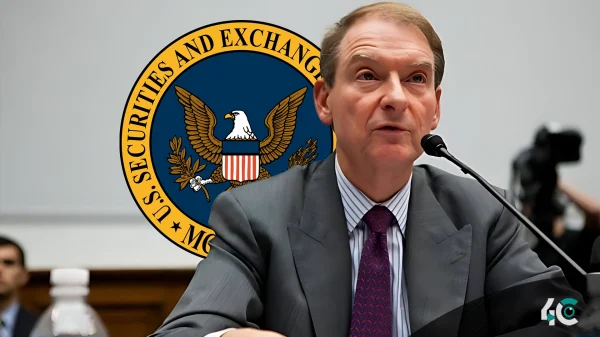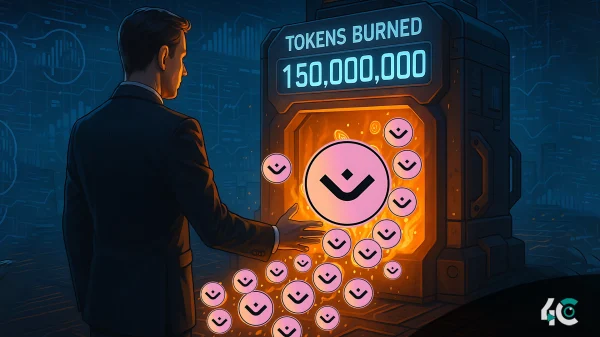U.S. Representative Nydia Velázquez has introduced the Fair Taxation of Digital Assets in Puerto Rico Act, targeting the territory’s status as a crypto tax haven. The proposed legislation seeks to amend Puerto Rico’s Internal Revenue Code, making income from digital assets subject to federal tax laws. Critics argue that existing tax incentives, particularly under Act 22 (now part of Act 60), have attracted wealthy crypto investors who contribute to rising housing costs and economic inequality without significantly benefiting the local economy. Velázquez’s bill aims to ensure that crypto investors pay their fair share of taxes, addressing concerns about revenue loss and social impact.
Puerto Rico’s Crypto Tax Haven Status Under Threat
A new bill proposed in the U.S. could bring significant changes to Puerto Rico’s reputation as a crypto-tax haven for investors looking to benefit. Congress becomes law. Representative Nydia Velázquez has announced the Fair Taxation of Digital Assets in Puerto Rico Act, which proposes ending the exemptions that allow crypto investors to avoid federal taxes by establishing residency in Puerto Rico.
Currently, individuals who meet Puerto Rico’s residency requirements are exempt from federal taxes on capital gains, which includes cryptocurrency. Perks of Act 22, now part of Act 60, have drawn wealthy investors and digital asset entrepreneurs recently. (22 words)
But Velazquez says that these tax incentives hurt Puerto Rico. According to her, the wealthy newcomers are pushing living costs up, displacing the locals and doing little for the island’s recovery, all while costing the U.S. billions in lost taxes.
Proposed Changes to Tax Rules
New legislation would require local and federal taxes on some capital gains from digital assets for tax migrants, or “taxes on the gains of digital assets,” or former Americans. This would have a major effect on crypto investors who use the island’s lax tax rules to shelter their profits.
Puerto Rico’s governor recently suggested a low 4% capital gains tax for new applicants to avoid federal scrutiny, where federal tax rates could be as high as 37%. But Velázquez’s bill would be far more aggressive than this, eliminating local statutes and ensuring federal taxes would apply no matter residency status.
Political and Economic Implications
It is unclear if the bill will gain traction in the Republican-controlled Congress. Still, its introduction means that politicians are paying more attention to tax avoidance through crypto, which could lead to further legislative action.
Puerto Rico’s current tax system is being criticized for only supporting rich off-island taxpayers rather than fixing poverty and infrastructure issues on the island. Those supporting closing the loophole warn that it can hamper future investments and slow down growth.
Conclusion
Federal lawmakers’ aim to close the loophole on the taxation of crypto assets has prospects of disrupting Puerto Rico’s current status as a crypto tax haven. Should the bill pass, crypto investors might need to reconsider their investments, as it could significantly alter the crypto landscape on the island.
Everyone is eagerly anticipating Congress’s approval of the proposal. Regardless of the outcome, the bill indicates an increasing focus on tax avoidance in the digital currency realm.



























